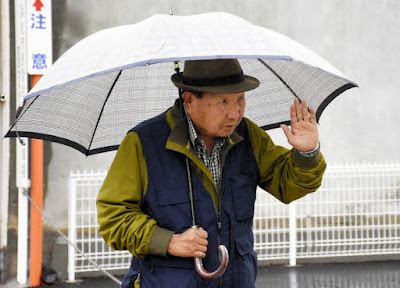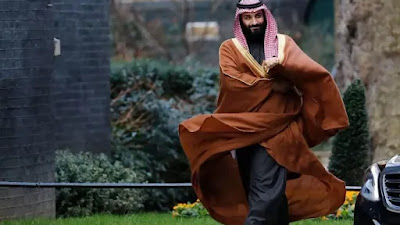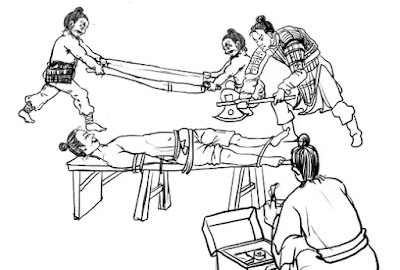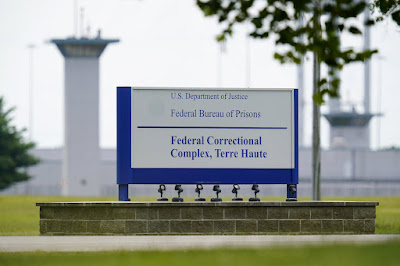 |
Chinese death row inmates are being marched to
a nearby execution ground where they will be put to death. |
China is putting the brakes on the death penalty. According to Liu Renwen, a legal scholar at the Chinese Academy of Social Sciences, between 2007 and 2011 the annual number of executions in China fell by half. Many violent offenders are now given so-called suspended death sentences, which are invariably downgraded later to life in prison. Such restraint has drawn broad public support.
Like most of the world, China allowed the death penalty for much of its history, along with an array of other harsh punishments that included at various times servitude, tattooing and castration. But beginning in the Han Dynasty (206 B.C.-220 A.D.), Confucian scholars emphasized a humanitarian approach to justice. The purpose of punishment, they argued, was to morally rehabilitate offenders and restore social harmony, not to secure revenge.
One crucial precept was chuli ruxing — that only when gentler means fail should punishment be used. While brutal executions certainly occurred, for centuries emperors regularly intervened to issue acts of da she, or great mercy, by pardoning offenders entirely. Some went further. In the 8th century, Emperor Xuanzong briefly abolished the death penalty, making China one of the few feudal countries to do so.
By late imperial times, Chinese execution practices were moderate compared with those in Europe. During the Qing dynasty (1644-1911), imperial edicts suggest that China largely avoided the carnival-like killings then common in France, Germany and Britain. Public executions were solemn, orderly events, with guards discouraging rowdy spectators.
That changed drastically when Mao Zedong came to power in 1949. Using the death penalty as a political tool, he introduced bloody punitive campaigns in which suspects were rounded up en masse and summarily killed.
Source: The New York Times, The Opinion Pages, Mara Hvistendahl, July 8, 2014









.jpg)
